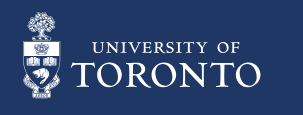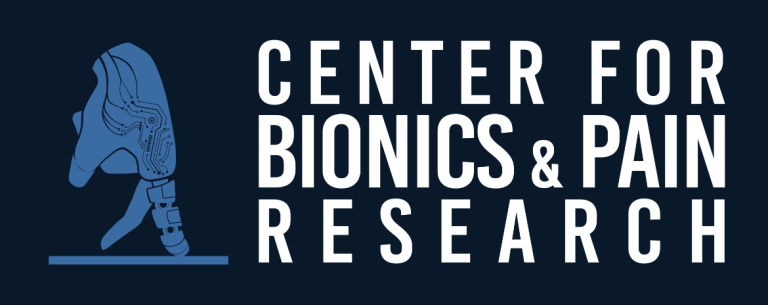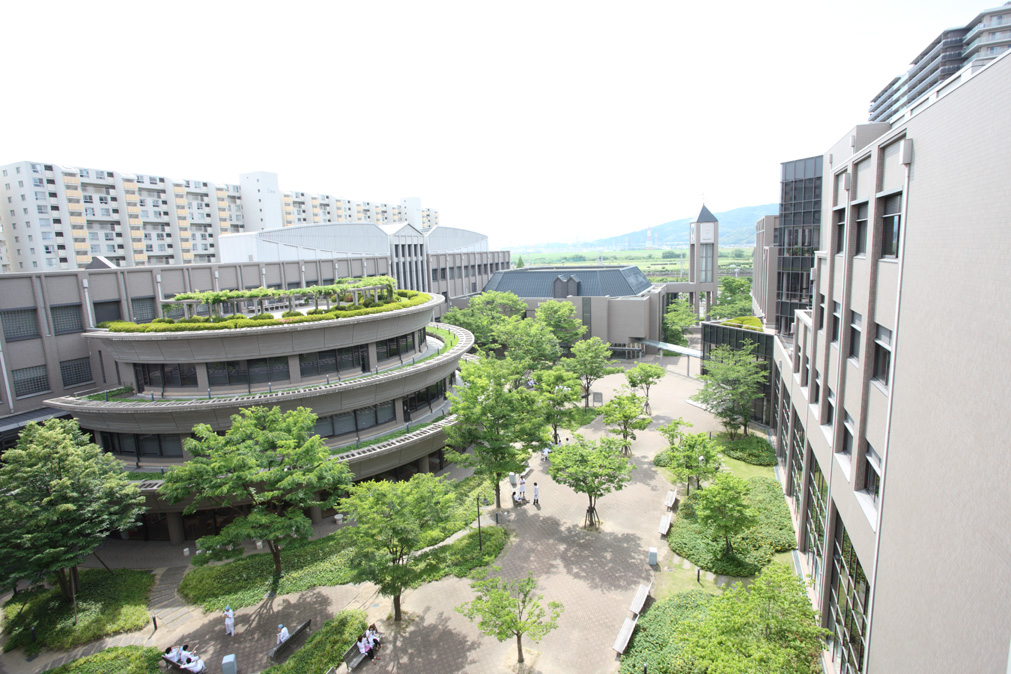The University of Toronto has quietly published the results of an inquiry into the Canadian National Breast Screening Study that began in 2022 and, it seems, concluded in March 2024.
The panel, tasked with evaluating new allegations about the trial’s randomization, found the evidence it reviewed did not affect the results of the trials, which called into question the value of mammography in women ages 40-59.
Imaging scientist Martin Yaffe of the University of Toronto has long been a critic of the CNBSS, a pair of randomized clinical trials of mammography conducted in the 1980s. In April, we published a guest post in which Yaffe detailed the history of the trial and his critiques of it, as well as new evidence that clinical staff may have unwittingly influenced randomization. He reported this to the Canadian Cancer Society in 2021, and to the university.
Continue reading Panel upholds results of contested U Toronto mammography study







